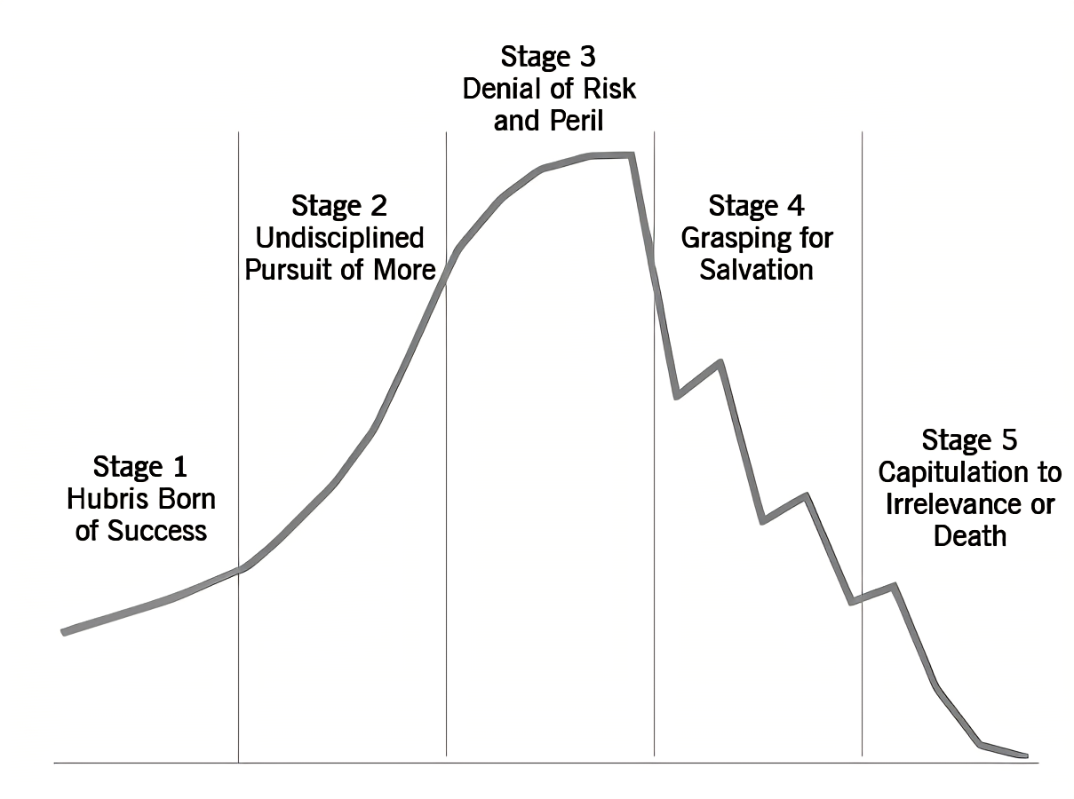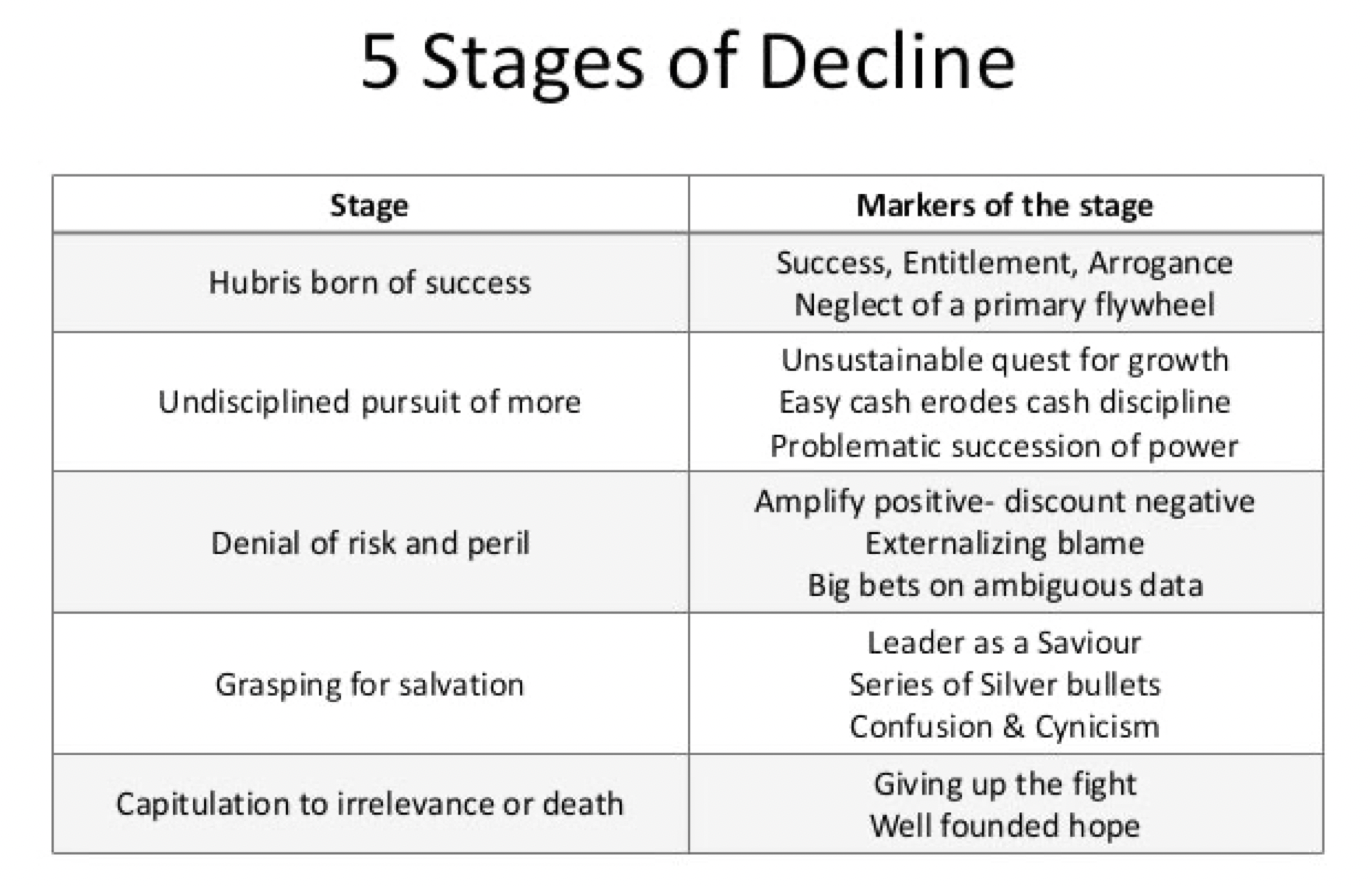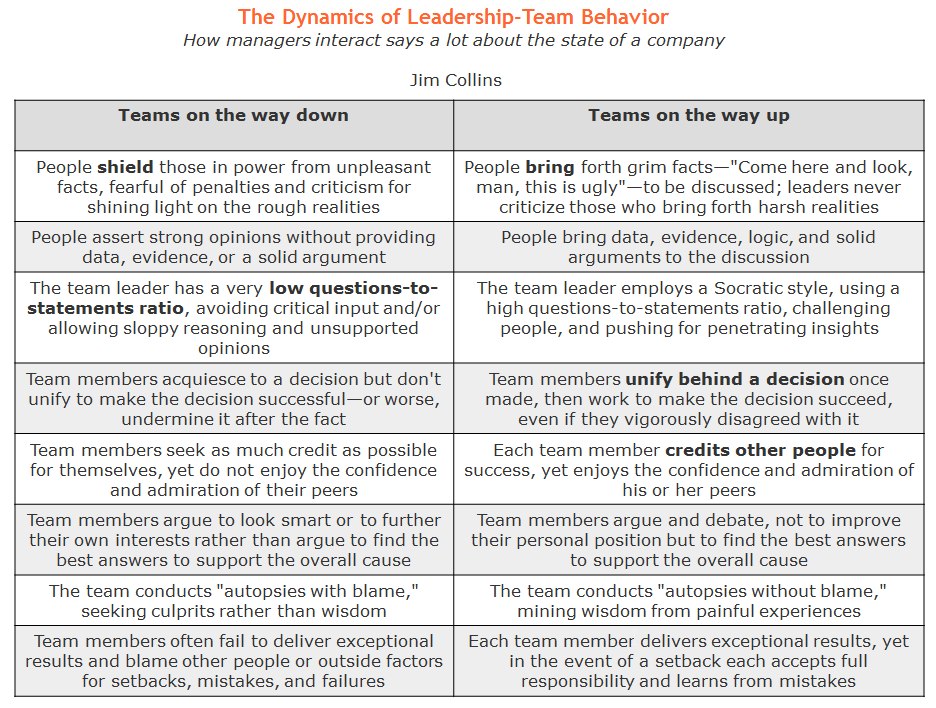Wars and Rumors of Wars
“And you will hear of wars and rumors of wars. See that you dare not alarmed, for this must take place, but the end is not yet. For nation will rise against nation, and kingdom against kingdom, and there will be famines and earthquakes in various places.” (Matthew 24:6-7)
Every human being attempts to make sense of the world, human history, events and trajectory.
We moderns possess the blessing and curse of realtime global communication through powerful technologies. The chaos, injustice and suffering of the entire globe can be seen and heard through tiny screens in the palms of our hands. The impact of the images, scenes and helpless cries are felt in our hearts. For many, we can’t unsee horrible images seared into our minds.
Fear, outrage, helplessness and eventually apathy colonize our imaginations and take up residence in our hearts.
These experiences and emotions are not unique to modern humans. Human history is marked by tribulations and conflicts. However, what makes the current moment singularly unparalleled in history is the velocity and quantity of information that we can access at our fingertips.
Think about it. Today is February 24, 2022.
On this date in 1836, a cry for help was sent forth by the commander of a tiny garrison of less than 200 men defending a small Spanish mission against 5,000 enemy troops. The enemy general called for the surrender of the men occupying the mission or they would be “put to the sword.” The reply from Colonel William Travis to General Antonio de Santa Ana’s demand was cannon fire.
In one of the most famous letters ever penned in human history, Col. Travis wrote:
To the People of Texas & All Americans in the World-
Fellow Citizens & compatriots-
I am besieged, by a thousand or more of the Mexicans under Santa Anna – I have sustained a continual Bombardment & cannonade for 24 hours & have not lost a man – The enemy has demanded a surrender at discretion, otherwise, the garrison are to be put to the sword, if the fort is taken – I have answered the demand with a cannon shot, & our flag still waves proudly from the walls – I shall never surrender or retreat…(He goes on to write) If this call is neglected, I am determined to sustain myself as long as possible & die like a soldier who never forgets what is due to his own honor & that of his country –
Victory or Death.
(signed)
William Barret Travis
186 years ago is a blink of an eye in human history. Communications required days, weeks and even months to reach their destinations. In 1836, most of the world was unaware of the now famous “Battle at the Alamo” in a place called “Texas.” Most of the world didn’t even know Texas existed, nor would they care if they did know.
Life expectancy in the 1800s was between 40-45 years. Let that sink in for a moment. Daily existence was extremely difficult – death was a daily occurrence. Today, life expectancy is around 73 years globally.
What does this have to do with “wars and rumors of wars”?
Whether we are aware of it or not, our powerful technologies deliver massive amounts of information from around the world to our handheld devices. My iPhone is millions of times more powerful than the computers used by NASA to guide Apollo 11 to the moon and back.
Our modern devices shape our reality and worldview. When an earthquake occurs on a tiny island in the South Pacific Ocean, I know within seconds. When one nation’s leader is threatening another, I know almost immediately. When a school shooting occurs in a city hundreds of miles away, I can see realtime coverage on my device! All of the pain, suffering, chaos, tragedy, evil and terror in the whole world is delivered immediately into my hands. Most of the time, these emotional scenes bypass logic and reason impacting our imaginations and emotions. The result is a constant state of malaise, helplessness, and fear.
How does one make sense of it all?
The Bible offers us the answers and a framework to help us.
First, we must understand that “In the beginning God created” all things (Genesis 1-2). God stated that His creation was “good.” Furthermore, when God created humans in “His own image,” He said humans were “very good.”
Second, we learn that humans chose to rebel against God in Genesis 3 and turn inwards in an attempt to become “like God.” This “fall” of humanity into sin brought all of creation into conflict with the Creator. Shame, guilt and hate soon entered God’s good creation. One chapter later, we see the first murder in human history (Genesis 4 – Cain and Able). Since then, the entire world has spiraled into chaos, injustice and suffering.
Third, we see God initiate a plan to set things right when He sends His only son, Jesus Christ to redeem the world through his death on a Roman cross and bodily resurrection from the dead. The name “Jesus” is “Yeshua” or “Joshua” in Hebrew. The name means “the Lord saves.” “Christ” is not Jesus’ last name as some people would think. “Christ” is a title. It means “Messiah” (Mashiach) or “anointed one of God.” But, what is Jesus Christ saving us from? He saves us from the eternal separation created from the fall (Genesis 3).
The Bible says that Jesus came to “seek and save that which was lost.” (Luke 19:10). In God’s providence and wisdom, He had a plan to redeem that which humanity lost and that which humans do not possess the ability to reclaim for themselves. This is where the man or woman can have real hope for today by trusting that Jesus accomplished His mission. While we’ll still continue to experience the effects of sin and evil in this life, we know they are defeated. Wars and rumors of wars is the current state of things – but not the eternal state of things.
Wars and rumors of wars is the current state of things – but not the eternal state of things.
Forth, we learn that there will come a time when God will restore ALL things. He will set everything back in order throughout creation. The chaos, injustice, evil, pain, suffering and death will be swallowed up in a victorious unfolding of God’s restoration (Revelation 21). This is where we have real hope for the future.
So what does all this mean for me today?
When you scroll through the news feeds on your smartphone today, you will see the truth of a world gone wrong. You know deep in your heart that this is not the way it is supposed to be. This is the objective truth of Genesis 3 to Revelation 20 shining through our dim reality. Even if you don’t believe what I’ve just laid out above, take a moment and reflect… Is what the Bible says about reality in this world true?
Finally, when you scroll through your news feed and you feel your heart breaking, or anger, or hopelessness or fear, set your device down and close your eyes.
Consider the following thoughts:
What is the crisis or opportunity I can take responsibility for or take initiative to help RIGHT IN FRONT OF ME? Set aside the world’s massive problems and look around your immediate relationships. Our immediate lives abound with crisis and opportunities right in front of us. My advice is to begin right there. The world changes one life at a time.
Is there something good in your life or someone else’s that you can celebrate?
Is there something missing from someone’s life or perhaps in your community that you can contribute something good toward?
Is there something bad in your life or in the community that you can stop?
Is there something broken in your life or someone else’s life that you can help restore?
When you hear of wars and rumors of wars, do not allow that to distract you, cause you to fear, or shape your reality. Focus on what you know to be true and what is right in front of you.
Jesus gives us hope:
“Fear not, for I am with you.” (Isaiah 41:10)
“I have said these things to you, that in me you may have peace. In the world you will have tribulation. But take heart; I have overcome the world.” (John 16:33)
“Peace I leave with you; my peace I give to you. Not as the world gives do I give to you. Let not your hearts be troubled, neither let them be afraid.” (John 14:27)
Read the full passages
Signs of the End of the Age (Matthew 24:3-14)
3 As he sat on the Mount of Olives, the disciples came to him privately, saying, “Tell us, when will these things be, and what will be the sign of your coming and of the end of the age?” 4 And Jesus answered them, “See that no one leads you astray. 5 For many will come in my name, saying, ‘I am the Christ,’ and they will lead many astray. 6 And you will hear of wars and rumors of wars. See that you are not alarmed, for this must take place, but the end is not yet. 7 For nation will rise against nation, and kingdom against kingdom, and there will be famines and earthquakes in various places. 8 All these are but the beginning of the birth pains.
9 “Then they will deliver you up to tribulation and put you to death, and you will be hated by all nations for my name’s sake. 10 And then many will fall away and betray one another and hate one another. 11 And many false prophets will arise and lead many astray. 12 And because lawlessness will be increased, the love of many will grow cold. 13 But the one who endures to the end will be saved. 14 And this gospel of the kingdom will be proclaimed throughout the whole world as a testimony to all nations, and then the end will come.”
God will make all things new (Revelation 21:3-5)
3 And I heard a loud voice from the throne saying, “Behold, the dwelling place[a] of God is with man. He will dwell with them, and they will be his people, and God himself will be with them as their God. 4 He will wipe away every tear from their eyes, and death shall be no more, neither shall there be mourning, nor crying, nor pain anymore, for the former things have passed away.”
5 And he who was seated on the throne said, “Behold, I am making all things new.” Also he said, “Write this down, for these words are trustworthy and true.”



